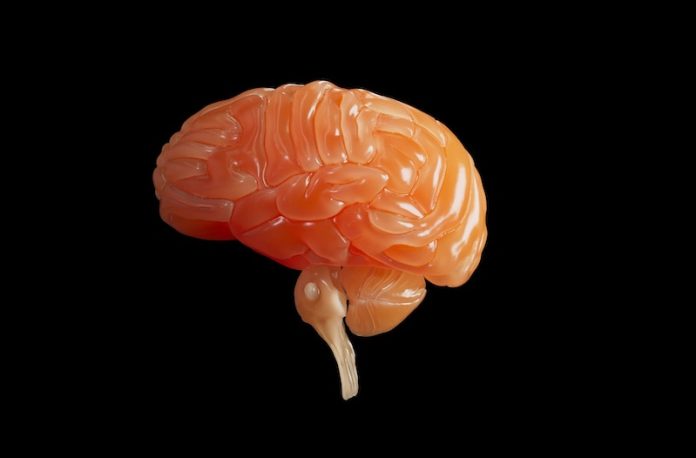
What’s Alzheimer’s and Why Is It Complex?
Alzheimer’s disease is a brain condition that affects memory, thinking, and behavior, becoming severe enough to interfere with daily tasks. It’s not just one thing causing Alzheimer’s; there are a lot of factors.
Some of them are things you’ve probably heard of, like amyloid plaques and tau tangles in the brain. But actually, dozens of other factors can play a role in whether someone will get Alzheimer’s in their lifetime.
The Role of APOE and New Findings
In a new study, researchers from the University of Pittsburgh, led by Professor Ilyas Kamboh, looked at the DNA of more than 2,500 elderly people.
They were specifically interested in a gene called APOE (Apolipoprotein E). This gene plays a role in moving cholesterol and other things around the body and brain.
Some versions of the APOE gene are already known to make people more or less likely to get Alzheimer’s.
What’s new is that they found at least 15 more variations in the APOE gene and other areas that could affect the risk of getting Alzheimer’s.
Some of these variations are tied to the levels of a molecule in the blood called plasma ApoE. Lower levels of plasma ApoE have been connected to a higher risk of Alzheimer’s and other cognitive issues.
Towards Future Blood Tests for Alzheimer’s
Right now, these findings don’t give us a surefire way to predict Alzheimer’s, but they do offer promising leads.
They could help develop blood tests that can give an idea of whether a person is at risk of developing Alzheimer’s even before showing any symptoms.
Professor Kamboh is hopeful that someday a simple blood test might be used to measure the levels of plasma ApoE, along with other indicators, to give a more complete picture of someone’s risk for Alzheimer’s.
In conclusion, this research has found new DNA variations that could play a role in the risk of Alzheimer’s.
It’s a step forward in understanding this complex disease and offers hope for developing simpler ways to identify those at risk in the future.
More studies, including animal studies, are needed to understand these connections better, but the researchers are optimistic.
If you care about Alzheimer’s disease, please read studies about BCG vaccine might ward off Alzheimer’s disease and findings of A new method to spot Alzheimer’s and dementia early.
For more information about brain health, please see recent studies about Vitamin B9 deficiency linked to higher dementia risk, and results showing flavonoid-rich foods could improve survival in Parkinson’s disease.
The research findings can be found in Molecular Psychiatry.
Follow us on Twitter for more articles about this topic.
Copyright © 2023 Knowridge Science Report. All rights reserved.



